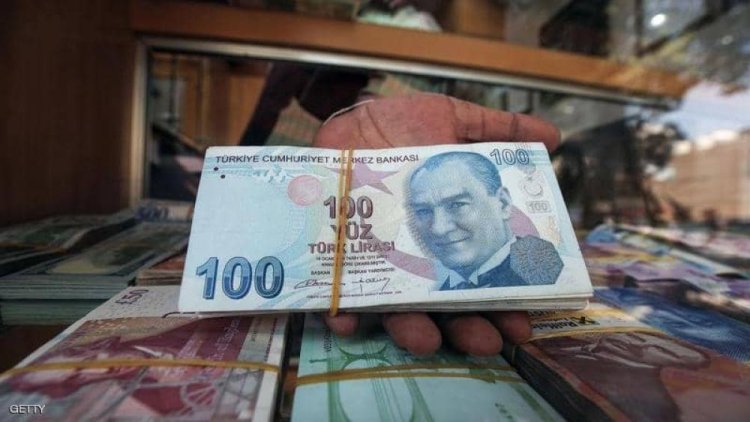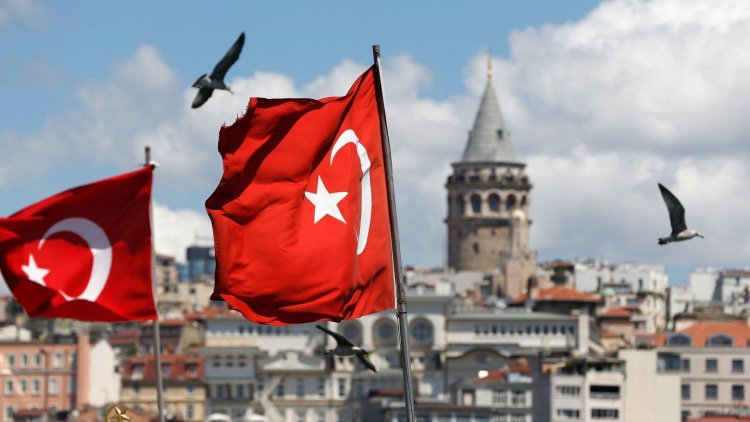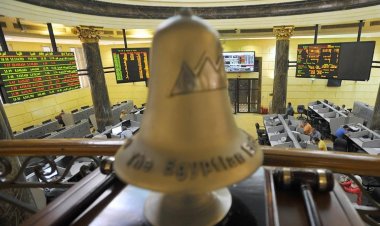10 indicators confirm the improvement of the Turkish economy

In most countries, a 10% devaluation of the dollar in just over five months would be a cause for concern.
For Turkey, it is a respite. After years of reckless lending and spending, the country's new economic team, appointed after President Recep Tayyip Erdogan's election victory in May, is putting the house in order.
1.Interest rates
The central bank, which previously stoked inflation with cheap money, has raised interest rates by a whopping 31.5 percentage points since June.
2.Economic growth
Economic growth declined as a result, but inflation expectations improved. Prices in November were 62% higher than a year earlier, but the monthly inflation rate has been falling, from 9% in July and August to somewhat more than 3% in recent months.

3.Turkish lira
The Turkish lira, which lost nearly 30% against the dollar in the first half of the year, continues to decline, but much more slowly.
4.Organized crime
According to the British magazine The Economist, Things have also improved in other areas. Turkey's new Interior Minister, Ali Yerlikaya, has launched a belated crackdown on organized crime. The evening news regularly shows footage of police commandos breaking down doors and corralling suspected drug lords, arms dealers and human traffickers, many of them foreigners.
5.Relations with Greece improved
Relations with Greece also improved, which was highlighted by Erdogan's visit to Athens on December 7th. In a report issued in late November, the European Commission and the EU foreign policy chief recommended opening talks with Turkey on a modernized customs union, to replace the one established in 1995.
There are conditions attached: on the one hand, Turkey must first obtain (they are serious about resuming peace negotiations with Cyprus, which it partly occupies). European Union leaders will discuss this matter during a two-day summit starting on December 14.

6.Trade deficit
On the other hand, data from the Turkish Central Bank showed, that the Turkish current account balance recorded a smaller-than-expected surplus of $186 million in October, partly due to a shrinking trade deficit.
In a Reuters poll, the average estimate for the current account surplus in October was $750 million, with expectations ranging from $250 million to $850 million.
Data showed that Turkey's trade deficit, a major component of the current account, fell by 17.5% in October to $6.5 billion, from previous average levels of about $10 billion.
7.Sustainable growth
The data also showed that excluding gold and energy, the current account showed a surplus of $5.07 billion in October.
“We are establishing sustainable growth focused on investment, employment, production and exports while reducing vulnerabilities in the economy through the policies we are implementing,” Finance Minister Mehmet Simsek said in a post on the X website.
8.Pushed inflation to historic levels
Since June, the government has implemented a radical shift, abandoning the low-interest rate policy championed by Turkish President Recep Tayyip Erdogan, which had pushed inflation to historic levels.
The central bank raised the interest rate to 40% from 8.5%, while the government took steps to limit domestic demand to calm imports and encourage lending to export sectors.
9.Industrial production index
Simsek also said that the trajectory of the industrial production index, which fell by 0.4% month-on-month in October, reflects weak demand at Turkey's trading partners, which is one of the main reasons limiting the increase in exports.
10.unemployment rate
Separately, the unemployment rate fell to 8.5%, its lowest level in a decade.


 Shrouq
Shrouq 












